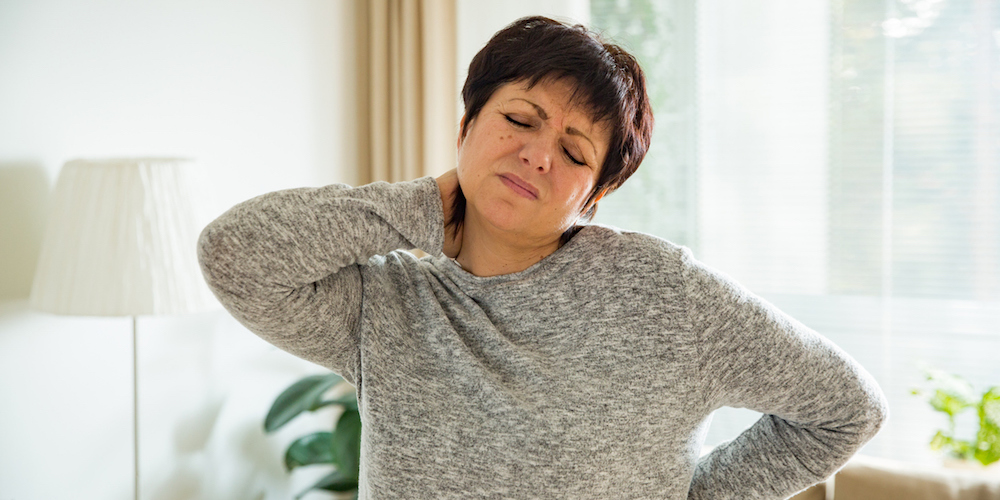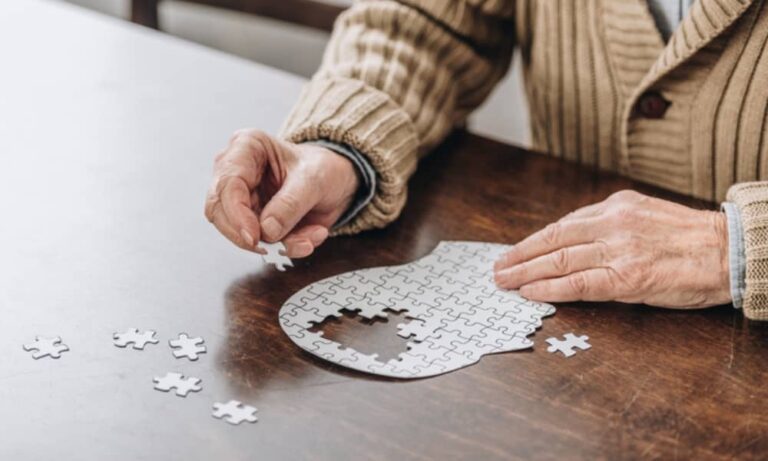A new survey reveals that an overwhelming majority of chronic pain sufferers feel that not enough is being done to support their conditions, with young people in pain often feeling especially isolated.
Chronic pain is arguably Australia and the world’s fastest growing medical condition, with one in five Australians living with chronic pain including adolescents and children. This prevalence rises to one in three people over the age of 65.
Results of Chronic Pain Australia’s annual National Pain Week survey show that these pain sufferers feel unsupported by the Australian government, citing a lack of financial support and bureaucratic barriers to accessing treatment options such as medicinal cannabis. People living with chronic pain also report that they continue to face stigma and negative attitudes due to their condition.
“People living with chronic pain face a daily battle, fighting physical pain, mental health issues, and the subsequent financial pressures of being unable to work to their full capacity,” explains Dr Coralie Wales, President of Chronic Pain Australia. “Feeling unsupported by the government, and being discriminated against, judged or not believed by friends, family and work colleagues can make their situation even more difficult to cope with.”
Of the more than 1,200 respondents:
- 98.6% stated that they did not feel that the Australian Government was doing enough to support people living with chronic pain
- 86% responded that they face stigma and/or negative attitudes due to their chronic pain
- 87% found accessing health professionals other than their GP (e.g. physio, psychologist, nurse, dietitian, pain specialist, etc) was prohibitively expensive
- 70% disagreed with the Australian Government’s decision to up-schedule codeine
- 75% of respondents want their GPs to be able to prescribe medicinal cannabis to treat their pain.
The overriding theme identified in the 2018 National Pain Week survey was that people living with pain overwhelmingly feel the Australian government is not doing enough to support them, either financially or by providing better access to treatment options. They want the government to acknowledge that chronic pain can be disabling and provide access to the Disability Support Pension, and to provide access to medicinal cannabis for the treatment of chronic pain. They feel like there is a disconnect between themselves and healthcare professionals, and that their pain is not believed or understood by the wider community, particularly as it is often an ‘invisible illness’.
Treating pain
A growing body of evidence shows that a multidisciplinary approach to treatment can be very effective in managing pain, however, the various treatment options are often out of reach – either financially, legally or geographically – for the people who would benefit most from them.
In particular, better access to medicinal cannabis was highlighted as a common theme, with 75% of respondents wanting their GPs to prescribe it to treat their pain.
“While we have reviewed the recent research into medicinal cannabis for the management of chronic pain (The Lancet, 3 July), it doesn’t change what respondents from the pain community have told us in the survey,” says Dr Wales. “For many people living with 24/7 pain, current medical options come with side-effects that can be quite disabling in themselves. Overwhelmingly they want access to other options. Medicinal cannabis represents a new possibility to help treat their chronic pain. What we’re hearing is that people living with chronic pain want simpler access, without feeling like criminals.”
Alongside wanting better access to effective treatment options, people living with chronic pain want the wider community to better understand what it is like to live with chronic pain, and to acknowledge its impact on their lives. Pain doesn’t discriminate and can impact people of all ages and backgrounds; it is certainly not something that only older people experience, with many young people living with chronic pain too.
“I feel stigmatised anytime I say I can’t do something and I get ‘you’re a fit young 20-year-old’ back as a response. People don’t recognise the seriousness and extent of my daily pain… They tell me to harden up and get through whatever activity I’m doing that I feel I can’t do, simply because they can’t see my illness,” says a NPW 2018 survey respondent.
Chronic pain can also have a serious impact on a person’s mental health, and many survey respondents called for more support for the dual impact of pain and mental illness.







